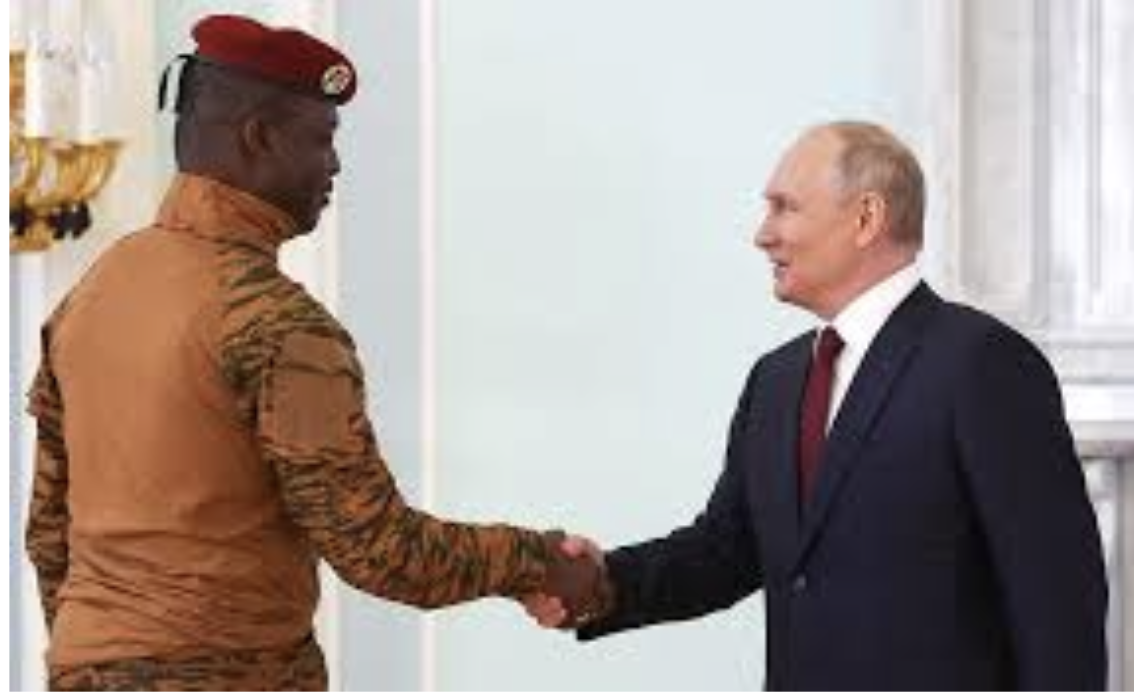In 2021, conflict in the Eastern provinces of the Democratic Republic of Congo made a resurgence following a rise in tensions in the region due to rebel attacks on DRC troops. With the death of a U.N. peacekeeper and the recently reported atrocities of the M23 rebels, a Tutsi paramilitary group in the Eastern provinces, this conflict is once again making international headlines. With the Tutsi genocide that originally sparked this ongoing conflict being dubbed the ‘First African World War,’ the stakes could not be higher to de-escalate tension in the region.
A Brief History of Rwanda-DRC Tensions:
The Democratic Republic of Congo (DRC) has been in intermittent conflict since 1996. The civil war and genocide, between the ethnic Hutus and Tutsis in Rwanda, spilled over the DRC-Rwanda border, firmly entrenching the Hutu-Tutsi conflict in DRC socio-political life. Tutsi rebel groups within the DRC’s borders, most prominently the National Congress for the Defence of the People, were incorporated into the Congolese army on March 23rd, 2009, through a peace deal. In 2012, the group mutinied, citing claims that the terms of their peace deal were not being upheld. This new group aptly named themselves M23. The conflict is mostly contained to lands in Eastern DRC, as this area is not only in close proximity to the DRC’s neighbors but is also rich in mineral resources that support much of the Congolese economy. In 2021, growing violence in the North Kivu province by the M23 rebels escalated the conflict. The rebels attacked the Congolese army, and the DRC accused Rwanda of backing the rebels. Rwanda denies any involvement with the group.
A Resurgence of M23 Activity and Attacks:
On February 17, 2023, Amnesty International reported that in November 2022, M23 rebels killed civilians and committed mass rape of women and girls in the Northern Kivu province. According to Amnesty International’s research, these attacks were committed as a punishment for local people who were accused of supporting rival rebel groups in the area, including the Democratic Forces for the Liberation of Rwanda (FLDR), a Hutu group, and the local Mai-Mai. Mai-Mai refers to any local militia group in the DRC that seeks to defend itself from any other armed group or militia.
Many in the international community have called on the Congolese to take action against these accusations. While DRC President Felix Tshisekedi has openly condemned the actions of the M23 rebels, no actionable repercussions have actually been instated. M23 continues to take over Congolese territory, with the Congolese military in seemingly no position to stop them. While both Rwanda and the DRC say they are committed to peace, incendiary language from both sides seems to counter this. President Tshisekedi recently called Rwandan President Paul Kagame a ‘warmonger’ and his actions ‘diabolical’.
Plans for a cease-fire were brought up at a two-day meeting of the African Union. Many African nations, especially Kenya, are committed to seeing a ceasefire and hopefully a complete resolution to the conflict. Prior to the meeting, a smaller meeting of the East African Community, which is composed of seven nations, declared that all armed groups should leave the area by the end of March. While these calls are hopeful that the continent can find a way to provide a peaceful and diplomatic solution to the conflict, many see the African Union as a defunct and ineffectual institution. For example, the AU pledge to end all conflict on the continent was pushed back to 2030 from 2020, and the fighting in the DRC contributed to that delay.
In addition, a U.N. helicopter crash killed one peacekeeper and eight civilians in March 2022. There has been no cause given for the crash and the U.N. peacekeeping mission has not yet commented. Whether it be Congolese military resistance, U.N. peacekeepers, or the FLDR, no resistance force has held the M23 rebels at bay. With no punishment for their recent actions, the rebels will continue to plunder villages and attack their residents. This ethnic-turned-national conflict has been ongoing for a quarter of a century and until the Hutu-Tutsi tensions can be resolved, Rwanda and the DRC will continue to be embroiled in hostilities for the foreseeable future.








.svg)